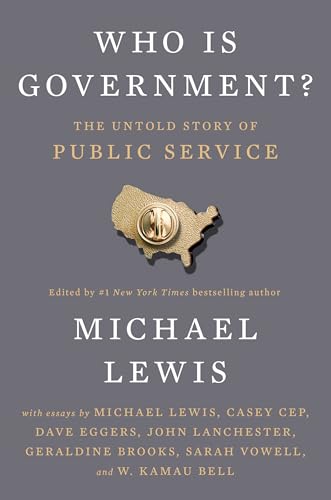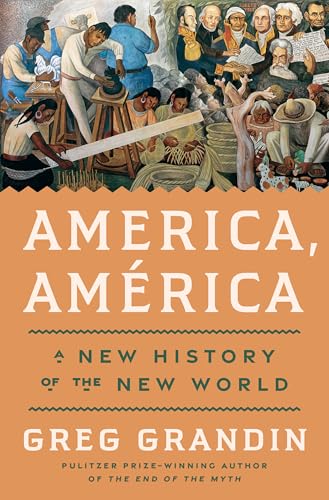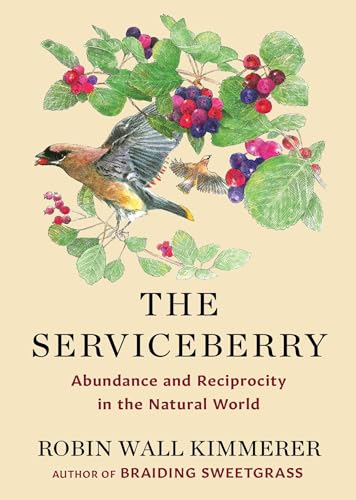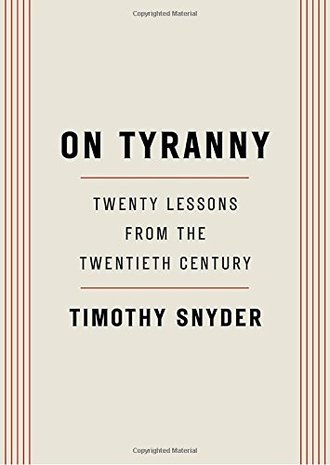Review of WHO IS GOVERNMENT?
by Johny McFliggen, PhD Literature & Business, Oxford
In the vast and often bewildering landscape of non-fiction, where authors labor to distill the chaos of reality into palatable narratives, Michael Lewis stands as a veritable titan. His latest ensemble effort, "WHO IS GOVERNMENT?", is a collection of essays that seeks to illuminate the unseen machinations of federal employees and the intricate ballet of governance. Or at least, that's what one might infer from the cadre of literary heavyweights enlisted—Casey Cep, Dave Eggers, John Lanchester, and others—all under the editorial acumen of Lewis.
Lewis, whose pen has previously dissected the arcane world of finance in "The Big Short" and the statistical revolution in sports with "Moneyball," here turns his gaze to the apparatus of government. Yet, rather than a single narrative thread, we are presented with a mosaic of perspectives. It's akin to watching an episode of "The West Wing" where each writer crafts their own subplot—each essay a window into the often-overlooked lives of those who keep the gears of bureaucracy grinding.
The contributing authors bring their distinctive voices to the fore, each essay a testament to the multifaceted nature of governance. Casey Cep's piece provides a lyrical yet incisive look into the soul of public service, while Dave Eggers injects his trademark wit and empathy into the mix. John Lanchester offers a more cerebral take, reminiscent of his economic dissections in "Whoops!", exploring fiscal policy with an eye for the absurdities that would make Kafka nod in agreement.
Geraldine Brooks and Sarah Vowell add historical depth and cultural critique, respectively. One can almost sense the ghost of Alexis de Tocqueville smiling wryly at their observations. Meanwhile, W. Kamau Bell offers a refreshing dash of humor and social commentary, inviting comparisons to Ta-Nehisi Coates with his sharp yet accessible prose.
What sets this collection apart from other governmental exposés is its refusal to adhere to a singular narrative or ideological stance. Instead, it presents government as a living organism, composed of disparate yet interconnected parts. It's an anthology that acknowledges the nuance and complexity inherent in any large institution—a nod perhaps to the systemic examinations found in Yuval Noah Harari's "Sapiens" or Nassim Nicholas Taleb's "Antifragile."
However, one must approach "WHO IS GOVERNMENT?" with a discerning eye. The book is less an exposé in the vein of Lewis's previous works and more an exploration—an invitation to ponder rather than to judge. It's a reminder that behind every faceless bureaucrat lies a story worth telling, a sentiment echoed in Michael Lewis's "The Fifth Risk," which similarly champions the unsung heroes within our federal systems.
In sum, "WHO IS GOVERNMENT?" is an engaging yet challenging read, one that demands patience and reflection from its audience. It may not offer the adrenaline rush of Wall Street malfeasance or the statistical wizardry of baseball analytics, but it provides something arguably more profound: a glimpse into the human element behind the machinery of state. For those willing to dive into its pages, it offers a richer understanding of what it truly means to govern—and be governed.
Purchase Link: WHO IS GOVERNMENT? on Amazon



